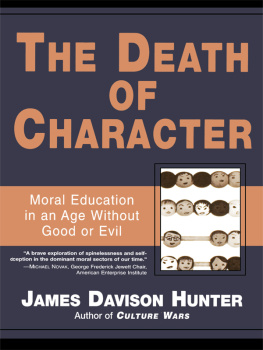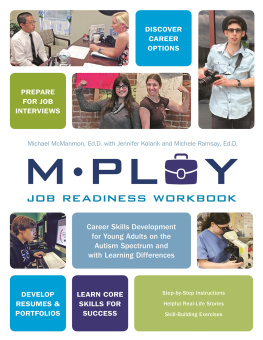Hunter - Social Work with People with Learning Difficulties
Here you can read online Hunter - Social Work with People with Learning Difficulties full text of the book (entire story) in english for free. Download pdf and epub, get meaning, cover and reviews about this ebook. year: 2015, publisher: Policy Press, genre: Politics. Description of the work, (preface) as well as reviews are available. Best literature library LitArk.com created for fans of good reading and offers a wide selection of genres:
Romance novel
Science fiction
Adventure
Detective
Science
History
Home and family
Prose
Art
Politics
Computer
Non-fiction
Religion
Business
Children
Humor
Choose a favorite category and find really read worthwhile books. Enjoy immersion in the world of imagination, feel the emotions of the characters or learn something new for yourself, make an fascinating discovery.

Social Work with People with Learning Difficulties: summary, description and annotation
We offer to read an annotation, description, summary or preface (depends on what the author of the book "Social Work with People with Learning Difficulties" wrote himself). If you haven't found the necessary information about the book — write in the comments, we will try to find it.
Hunter: author's other books
Who wrote Social Work with People with Learning Difficulties? Find out the surname, the name of the author of the book and a list of all author's works by series.
Social Work with People with Learning Difficulties — read online for free the complete book (whole text) full work
Below is the text of the book, divided by pages. System saving the place of the last page read, allows you to conveniently read the book "Social Work with People with Learning Difficulties" online for free, without having to search again every time where you left off. Put a bookmark, and you can go to the page where you finished reading at any time.
Font size:
Interval:
Bookmark:


A catalogue record for this book is available from the British Library.
A catalog record for this book has been requested.
ISBN 978-1-4473-1243-7 Kindle
Front cover: image kindly supplied by www.alamy.com
Readers Guide
This book has been optimised for PDA.
Tables may have been presented to accommodate this devices limitations.
Image presentation is limited by this devices limitations.

- The Industrial Revolution and its fragmenting impact on communities and their vulnerable members.
- Theories of evolution and the legacy of the eugenics movement still reverberate in todays debates on genetic engineering and designer babies.
- There are ongoing struggles for human rights and for the recognition of minority rights for marginalised groups within our society.
- Fundamental and contentious issues remain, such as who controls the right to life and the right to die.
- There has been an increasing professionalisation of support, and technical, managerial solutions for social problems, and notably, the courage of individuals in the face of day-to-day adversity and the inspiration of their achievements so stunningly exemplified in the 2012 Paralympics.
- While some people with learning difficulties are being listened to, are really involved and are being influential, others are being ignored, with their human rights disregarded and abused.
- UK policies have become more supportive of the visions outlined in the following aspirational policy documents The same as you? (Scottish Executive, 2000) and The keys to life (Scottish Government, 2013) in Scotland, Valuing People (DH, 2001a) and Valuing People Now (DH, 2009a) in England, Equal lives (Northern Ireland Executive, 2005) in Northern Ireland, and the
Font size:
Interval:
Bookmark:
Similar books «Social Work with People with Learning Difficulties»
Look at similar books to Social Work with People with Learning Difficulties. We have selected literature similar in name and meaning in the hope of providing readers with more options to find new, interesting, not yet read works.
Discussion, reviews of the book Social Work with People with Learning Difficulties and just readers' own opinions. Leave your comments, write what you think about the work, its meaning or the main characters. Specify what exactly you liked and what you didn't like, and why you think so.















